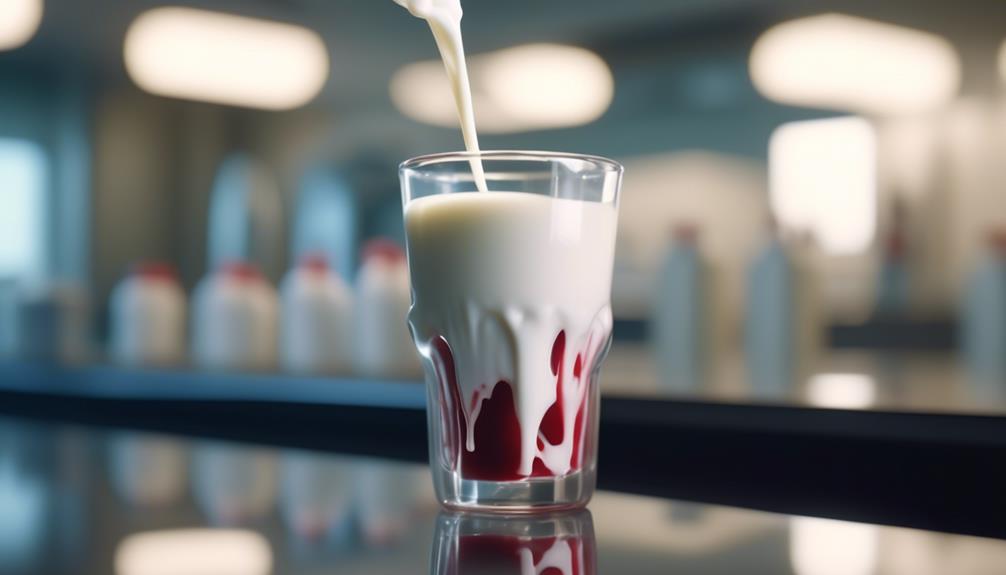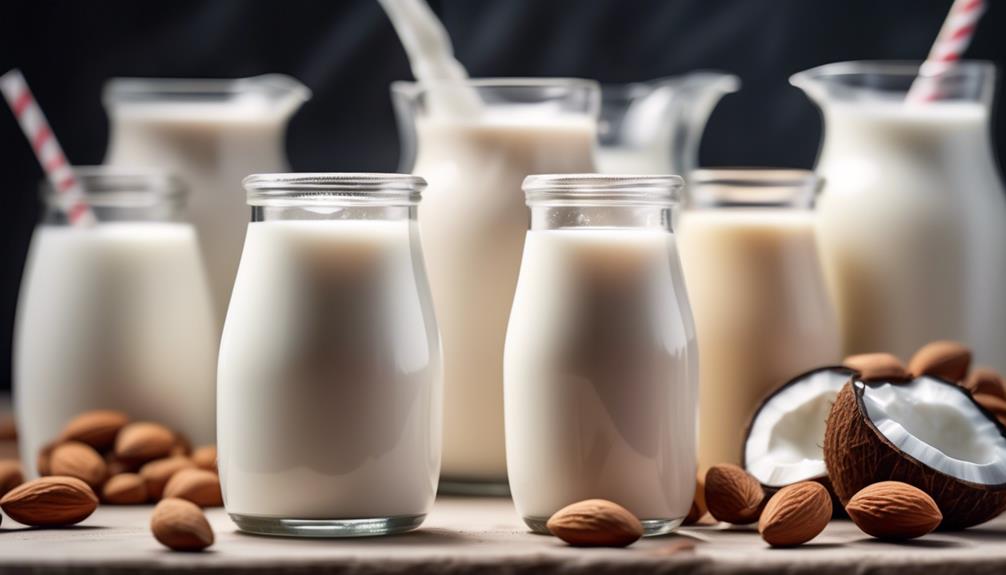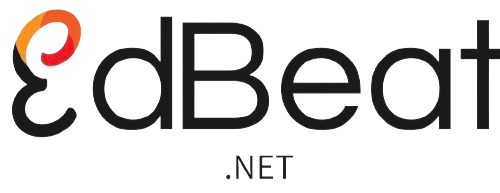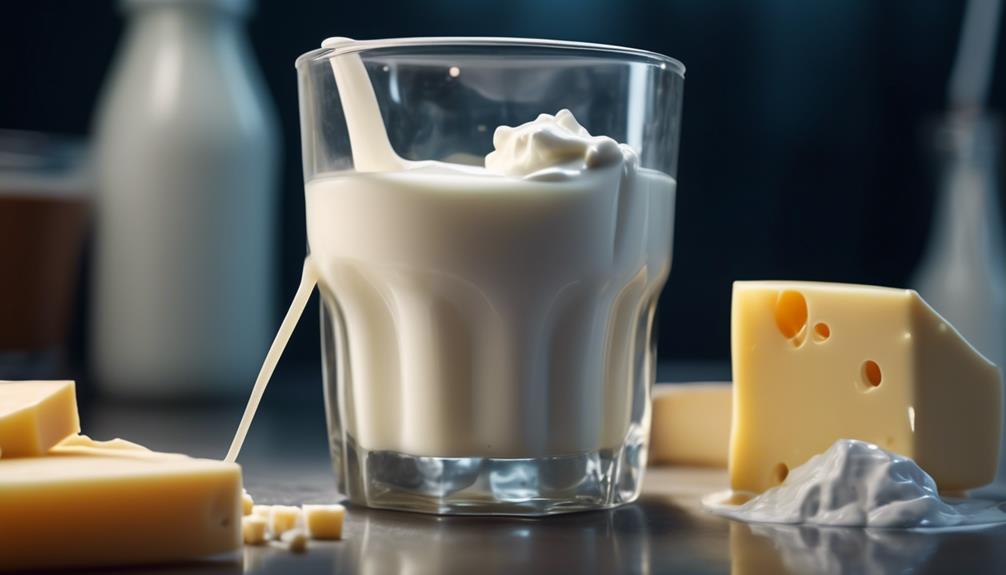After undergoing a tooth extraction, it is crucial to follow a post-operative care plan to ensure proper healing and minimize complications. While there are various dietary restrictions, one particular prohibition often raises eyebrows: no dairy consumption. Why is it that something as seemingly harmless as dairy products needs to be avoided during the recovery process? What impact does dairy have on post-extraction pain and blood clot formation? And, perhaps most importantly, are there any viable alternatives to dairy that can aid in a speedy recovery? In this discussion, we will explore the reasons behind the recommendation to abstain from dairy after tooth extraction and shed light on the potential risks and benefits associated with this restriction.
Key Takeaways
- Dairy consumption after tooth extraction may contribute to post-extraction swelling and tooth sensitivity in some individuals.
- Excessive dairy consumption can interfere with calcium absorption, which is important for proper blood clot formation.
- Some dairy products may exacerbate inflammation, leading to delayed healing and clot formation.
- Dairy products can increase the risk of infection in the oral cavity, especially in areas where a tooth has been extracted.
Healing Process After Tooth Extraction

The healing process after tooth extraction is a crucial phase in dental care that involves the body's natural ability to repair and regenerate tissues in the oral cavity. Following a tooth extraction, the healing timeline typically spans over a period of several days to a few weeks. During this time, the body initiates a series of events to restore the integrity of the extraction site and promote proper healing.
Initially, a blood clot forms in the socket where the tooth was removed. This clot acts as a protective barrier, preventing infection and aiding in the healing process. Over the next 24 to 48 hours, the clot will begin to solidify and develop into a more stable structure.
During the first week of healing, patients may experience some discomfort, swelling, and minor bleeding. This is a normal part of the healing process and can be managed with over-the-counter pain relievers and proper oral hygiene. It is essential to follow the aftercare instructions provided by the dentist to minimize the risk of post-extraction complications.
Post-extraction complications can include dry socket, infection, and delayed healing. Dry socket occurs when the blood clot becomes dislodged or dissolves prematurely, exposing the underlying bone and nerves. This can be extremely painful and may require additional treatment from the dentist. Infection can also occur if proper oral hygiene is not maintained or if the extraction site is not kept clean. Delayed healing may be a result of underlying health conditions, poor oral hygiene, or smoking.
Impact of Dairy on Post-Extraction Pain
Following the healing process after tooth extraction, it is important to consider the impact of dairy on post-extraction pain. Many people wonder whether consuming dairy products can worsen post-extraction swelling or increase tooth sensitivity. Let's explore the relationship between dairy and these two common concerns.
| Dairy and Post-Extraction Swelling | Dairy and Tooth Sensitivity |
|---|---|
| Some studies suggest that consuming dairy products after tooth extraction may contribute to post-extraction swelling. However, the evidence is limited and inconclusive. It is important to note that individual responses to dairy may vary. If you experience increased swelling after consuming dairy, it may be wise to temporarily avoid these products until the swelling subsides. | Tooth sensitivity after tooth extraction is a common occurrence. Some individuals may find that consuming dairy products exacerbates this sensitivity. Dairy products contain lactose, a sugar that can trigger tooth sensitivity in some people. If you notice increased sensitivity after consuming dairy, it may be helpful to avoid these products or opt for lactose-free alternatives. |
It is essential to listen to your body and pay attention to any adverse reactions you may experience. If you notice that consuming dairy products worsens post-extraction swelling or tooth sensitivity, it is advisable to consult with your dentist for personalized advice.
Dairy's Effect on Blood Clot Formation

Consumption of dairy products may have an impact on the formation of blood clots following tooth extraction. While dairy is often associated with bone health due to its high calcium content, its effect on blood clot formation is a topic of concern in the dental community. Here are three key points to consider:
- Dairy and calcium absorption: Calcium is an essential mineral for bone health, and dairy products are a common dietary source of calcium. However, studies have shown that excessive dairy consumption can interfere with calcium absorption. This can lead to a decrease in calcium levels in the blood, which may impair the clotting process. Therefore, it is important to strike a balance in dairy consumption to ensure adequate calcium absorption without compromising blood clot formation.
- Dairy and vitamin K2: Vitamin K2 is a nutrient that plays a crucial role in blood clot formation. It helps activate proteins that are involved in the clotting process. Dairy products, particularly fermented ones like cheese and yogurt, are rich sources of vitamin K2. Adequate intake of vitamin K2 from dairy can promote proper blood clot formation after tooth extraction.
- Dairy and inflammation: Inflammation is a natural response of the body to injury or infection, including tooth extraction. Excessive inflammation can delay the healing process and interfere with blood clot formation. Some dairy products, such as milk and ice cream, have been associated with increased inflammation in certain individuals. Therefore, it is advisable to limit the consumption of dairy products that may exacerbate inflammation during the healing period after tooth extraction.
Risk of Infection and Dairy Consumption
Dairy consumption has been associated with an increased risk of infection following tooth extraction. While dairy products are generally considered a healthy part of a balanced diet, they may not be recommended during the post-extraction period due to potential complications. This is particularly true for individuals with dairy allergies or sensitivities.
Tooth extraction is a common dental procedure that involves the removal of a tooth from its socket. It is often necessary to address issues such as severe tooth decay, infection, or overcrowding. Following the extraction, it is crucial to take proper care of the extraction site to promote healing and prevent complications, including infection.
Dairy products, such as milk, cheese, and yogurt, are known to contain lactose and other components that can contribute to the growth of bacteria. Bacteria can thrive in the oral cavity, especially in areas where a tooth has been extracted, making infection a possibility. For individuals with dairy allergies or sensitivities, consuming dairy products can trigger an immune response, further compromising the healing process and increasing the risk of infection.
During the post-extraction period, it is important to follow dental care tips to minimize the risk of infection and promote healing. These include maintaining good oral hygiene by gently brushing the remaining teeth and using a saltwater rinse to clean the extraction site. It is also advisable to avoid hot and spicy foods, as they can irritate the extraction site. Instead, opt for soft, nutrient-rich foods that are easy to chew and do not require excessive chewing.
Dairy Alternatives for a Speedy Recovery

To promote a speedy recovery after tooth extraction, it is advisable to explore alternative options to dairy products. Following a dairy-free diet can be challenging for some individuals, especially those who rely heavily on dairy for their nutritional needs. However, there are plenty of vegan options available that can provide the necessary nutrients for a speedy recovery. Here are three dairy alternatives to consider:
- Plant-based milk: Instead of cow's milk, opt for plant-based milk alternatives such as almond milk, soy milk, or oat milk. These alternatives are fortified with calcium, vitamin D, and other essential nutrients that are important for bone health. They can be consumed on their own or used in cooking and baking.
- Nut-based cheeses: If you enjoy the taste and texture of cheese, there are dairy-free options made from nuts such as cashews, almonds, or macadamia nuts. These nut-based cheeses can be used as spreads, toppings, or melted into dishes. They provide a rich and creamy flavor without the need for dairy.
- Coconut-based yogurt: Yogurt is often recommended after tooth extraction as it is soft and easy to consume. Instead of dairy-based yogurt, try coconut-based yogurt. It is made from the flesh of coconuts and is a delicious and creamy alternative. Look for brands that are fortified with probiotics to support gut health.
Frequently Asked Questions
Can I Consume Dairy Products Immediately After a Tooth Extraction?
Consuming dairy products immediately after a tooth extraction may not be recommended. It is important to follow post-operative instructions provided by your dentist or oral surgeon. Dairy products, such as milk and cheese, can be high in calcium and protein, which are beneficial for tooth and bone health. However, they may also contain lactose, which can cause discomfort and digestive issues during the recovery period. It is best to consult with your dental professional for specific guidelines regarding dairy consumption after a tooth extraction.
Will Consuming Dairy Products Make the Healing Process Longer?
The consumption of dairy products after tooth extraction may potentially have an impact on the healing process. The presence of lactose intolerance can hinder the body's ability to efficiently absorb nutrients necessary for optimal healing. Adopting a dairy-free diet post-extraction can help mitigate this issue and promote faster healing. Additionally, avoiding dairy can reduce the risk of developing complications such as infection or dry socket. Consulting with a dental professional is recommended for personalized advice on post-extraction dietary restrictions.
How Soon After a Tooth Extraction Can I Start Consuming Dairy Products?
After a tooth extraction procedure, it is important to avoid consuming dairy products for a certain period of time to prevent potential complications. Dairy products can be difficult to chew and may cause discomfort or irritation to the extraction site. However, there are plenty of dairy alternatives that can be consumed during the recovery period, such as plant-based milk, yogurt, or cheese made from soy, almond, or coconut. It is recommended to consult with your dentist or oral surgeon for specific guidelines on when you can safely start consuming dairy products again.
Can Consuming Dairy Products Increase the Risk of Infection After a Tooth Extraction?
Consuming dairy products after a tooth extraction may increase the risk of infection due to their potential to promote inflammation in the oral cavity. Dairy products, such as milk and cheese, contain lactose and proteins that can stimulate the production of inflammatory substances. Inflammation can delay the healing process and create an environment that is conducive to bacterial growth. Therefore, it is generally recommended to avoid consuming dairy products immediately after a tooth extraction to minimize the risk of infection and promote optimal oral health.
Are There Any Specific Dairy Alternatives That Can Help Speed up the Recovery Process After a Tooth Extraction?
There are several dairy-free alternatives that can aid in the recovery process after a tooth extraction. For example, consuming almond milk, which is rich in calcium and vitamin D, can help promote bone healing. Other options include coconut milk, which has anti-inflammatory properties, and soy milk, which is fortified with nutrients. These dairy-free alternatives provide similar benefits to dairy products, such as promoting bone health and reducing inflammation, without the potential risk of interfering with the healing process after a tooth extraction.
Conclusion
In conclusion, avoiding dairy after tooth extraction is crucial for a speedy recovery. Dairy can hinder the healing process by increasing post-extraction pain, interfering with blood clot formation, and raising the risk of infection. Opting for dairy alternatives can help promote a smooth healing journey. Remember, like a gentle breeze that aids in the blossoming of a flower, making the right dietary choices after tooth extraction can pave the way for a swift and successful recovery.

